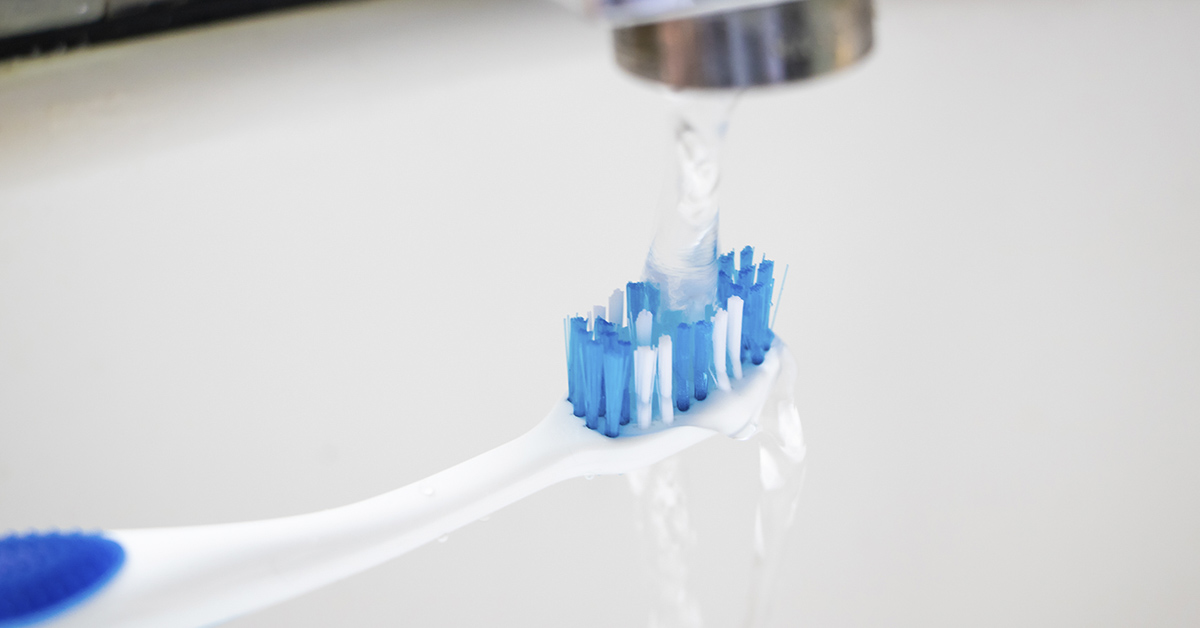Maintaining good hygiene is essential for our overall health and well-being. However, not all hygiene habits are created equal. In fact, some habits that we believe are beneficial may actually be doing more harm than good. Let’s have a look at some not-so-great hygiene habits that could be harming you daily, debunking common misconceptions and providing useful insights for your health.
18 Hygiene Habits That You Should Leave in the Past
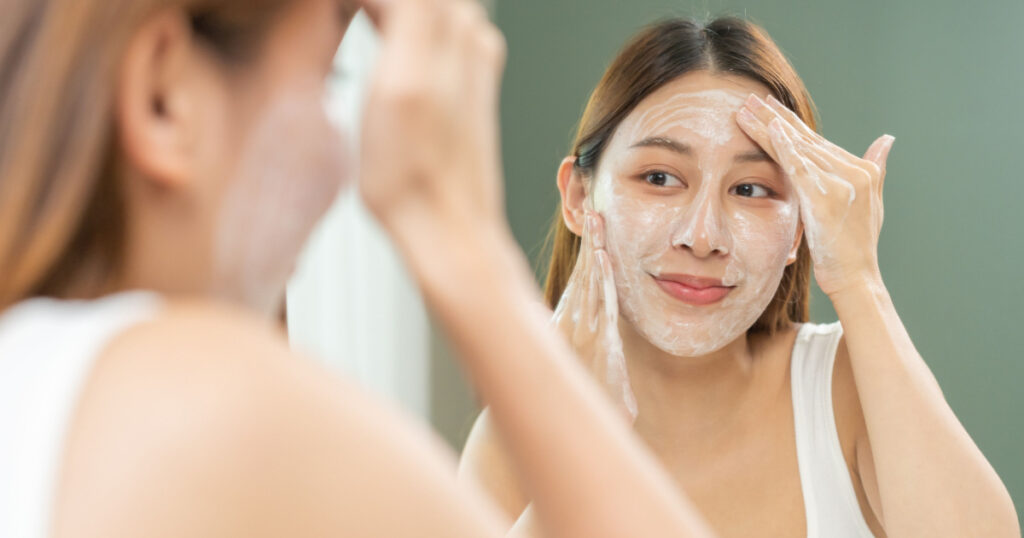
Hygiene is crucial to our health and vitality. Good hygiene means looking and feeling better. It means getting a better night’s sleep and getting sick less often. Proper hygiene improves our longevity and helps us to lead happier lives. It sounds dramatic, but it’s true. Unfortunately, we are all guilty of some hygiene habits that we should be leaving behind. These may seem like small details, but they can add up to big health bonuses. Let’s dive in! (1)
Read More: 5 Major Feminine Hygiene Mistakes That Can Affect Women’s Health
1. Thoroughly Dry Your Body After Showering
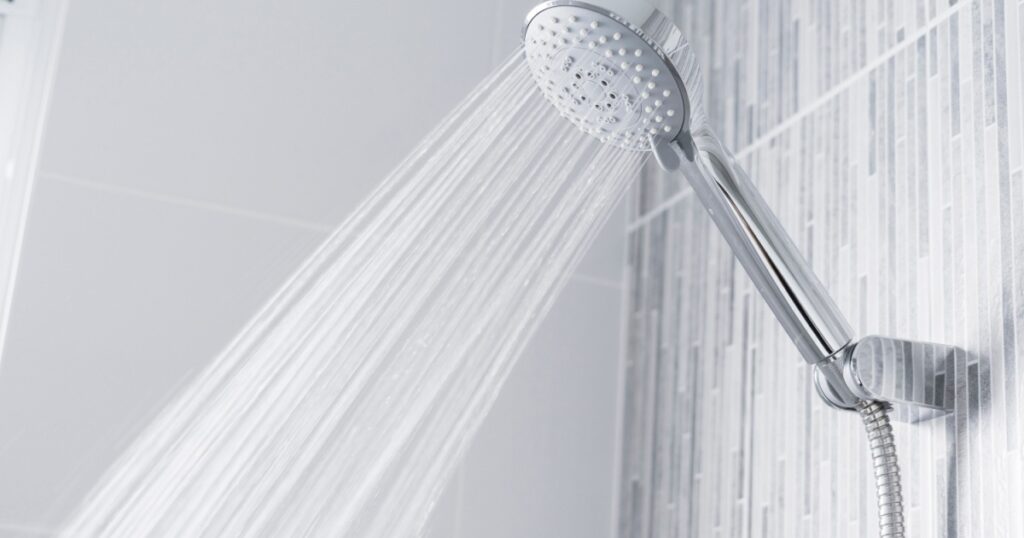
Rushing to dry off with a towel before getting dressed may not be ideal. Inadequate drying can trap moisture, leading to bacterial or fungal growth in sensitive areas, causing rashes and other issues. Make sure to dry yourself thoroughly, even if it means taking a little extra time. (2)
2. Using Higher Absorbency Pads
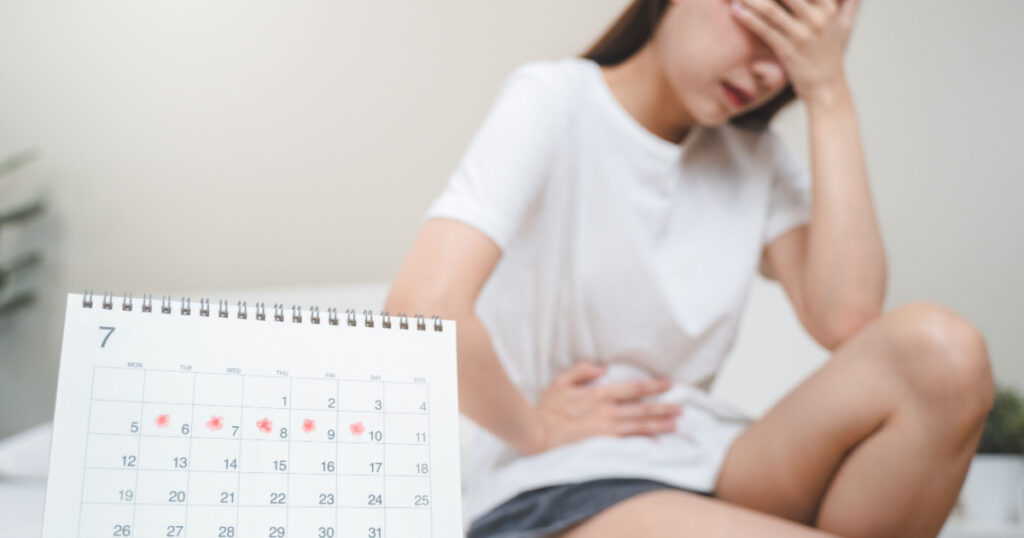
Contrary to popular belief, the number of drops on sanitary pad packaging does not determine how often you should change your pad. Regardless of absorbency level, it is recommended to change your pad at least every 4 to 8 hours to maintain hygiene and prevent potential infections.
3. Proper Care for Lingerie
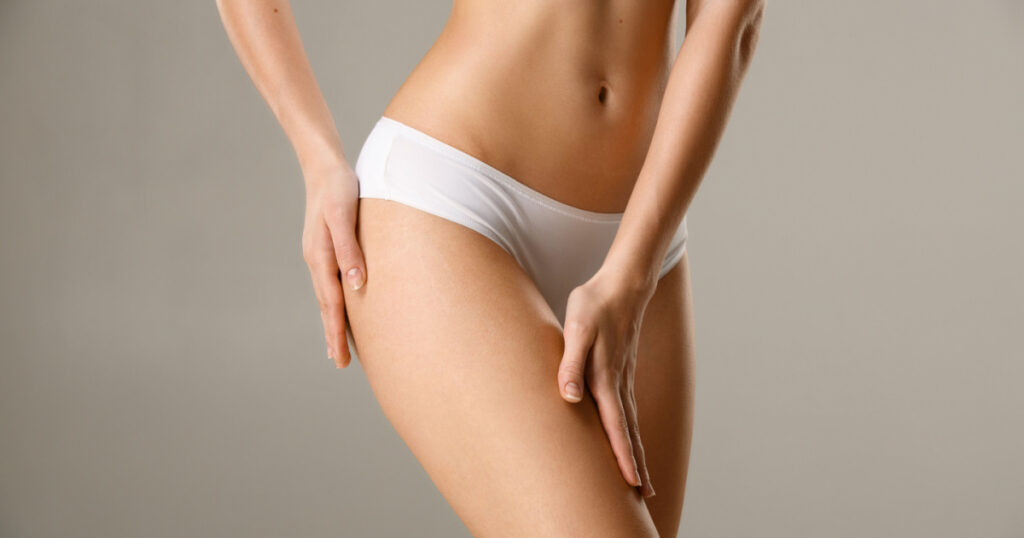
To preserve the elasticity and luster of your delicate undergarments, avoid using high temperatures when drying them. Instead, try drying them flat or hanging them to maintain their shape and prolong their lifespan. Hand-washing with a mild fabric cleanser is also recommended. If your washing machine has a delicates option, use that. This will not only preserve the integrity of your lingerie, but it will also properly clean and disinfect them.
4. Clean Your Keyboard Regularly

While we often focus on cleaning our phones, we tend to overlook our computer keyboards. Regularly wiping down your keyboard with a disinfectant can help prevent the accumulation of bacteria and germs, ensuring a germ-free workspace.
Read More: Taking Ibuprofen and other NSAIDs Can Increase Your Risk of Heart Attack
5. Avoid Q-Tip Ear Cleaning
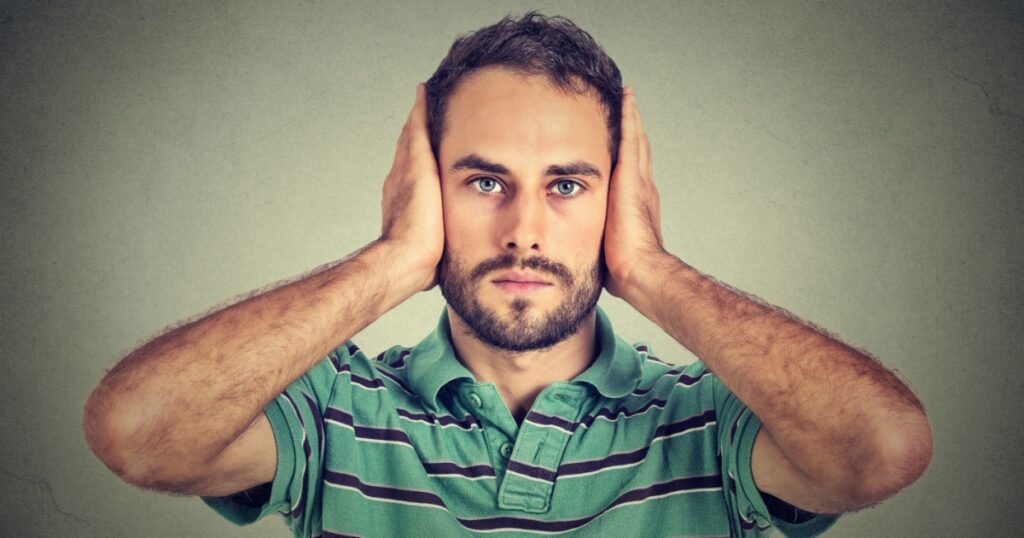
Using Q-Tips to clean your ears may seem like a harmless practice, but it can actually push earwax further into the ear canal. This can lead to increased earwax production and potential hearing loss. Instead, use a damp towel to clean the outer area of your ears.
6. Don’t Overuse Mouthwash
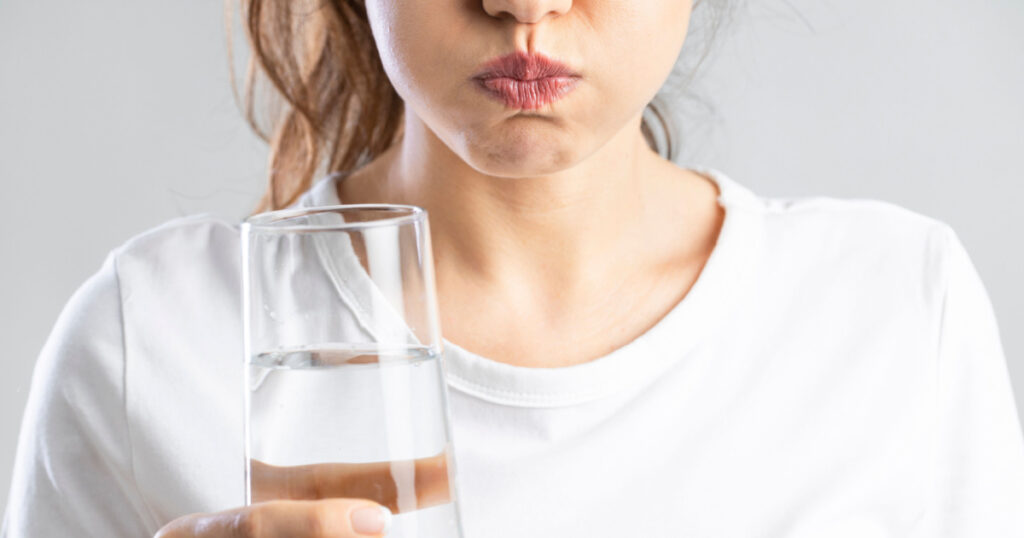
While mouthwash is important for oral hygiene, excessive use can kill both harmful and beneficial bacteria in your mouth. Limit your use to once or twice a day to maintain a healthy balance of oral bacteria and prevent enamel damage.
7. Choose Appropriate Sleepwear
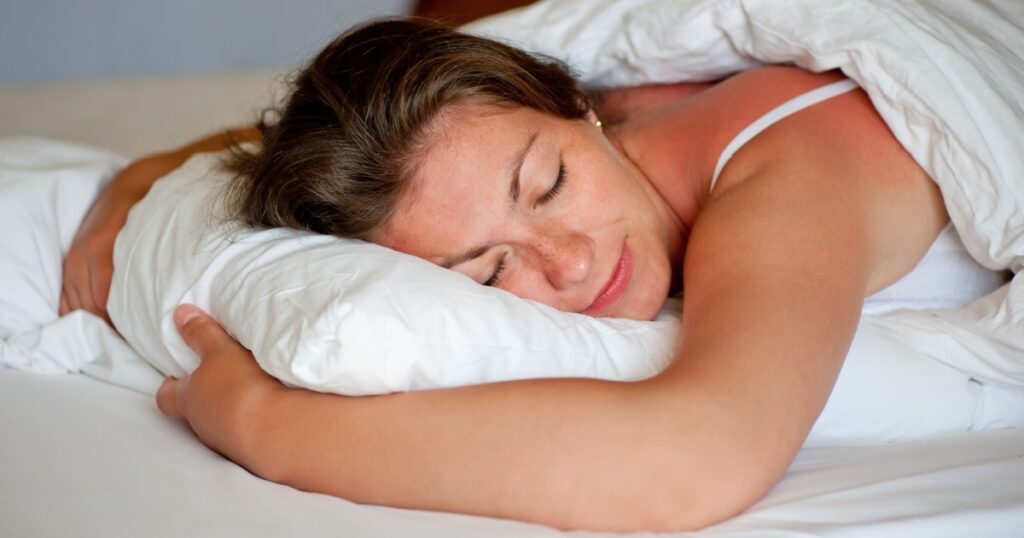
Sleeping in overly warm pajamas may lead to excessive sweating, causing skin issues like acne or other rashes. Opt for breathable sleepwear that allows your skin to breathe, preventing the build-up of bacteria and maintaining healthy skin. (3)
Read More: 34 Household Uses of Baking Soda That Can Replace Dozens of Other Products
8. Regularly Replace Underwear
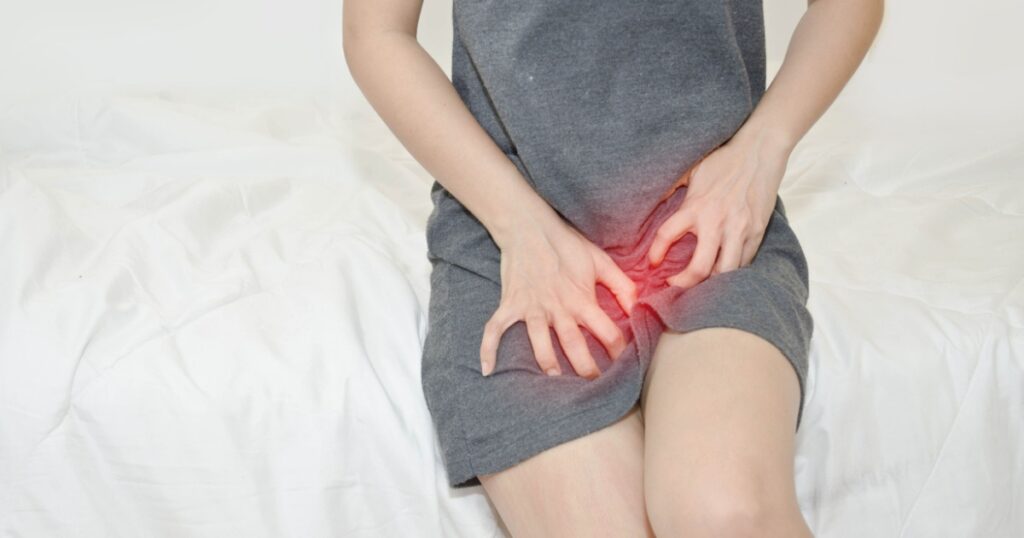
Contrary to the myth of perpetual underwear, fabric degradation and bacteria buildup are inevitable over time. Experts suggest replacing your underwear every 12 to 18 months to ensure optimal hygiene, comfort, and functionality.
9. Price Does Not Equate to Haircare Quality
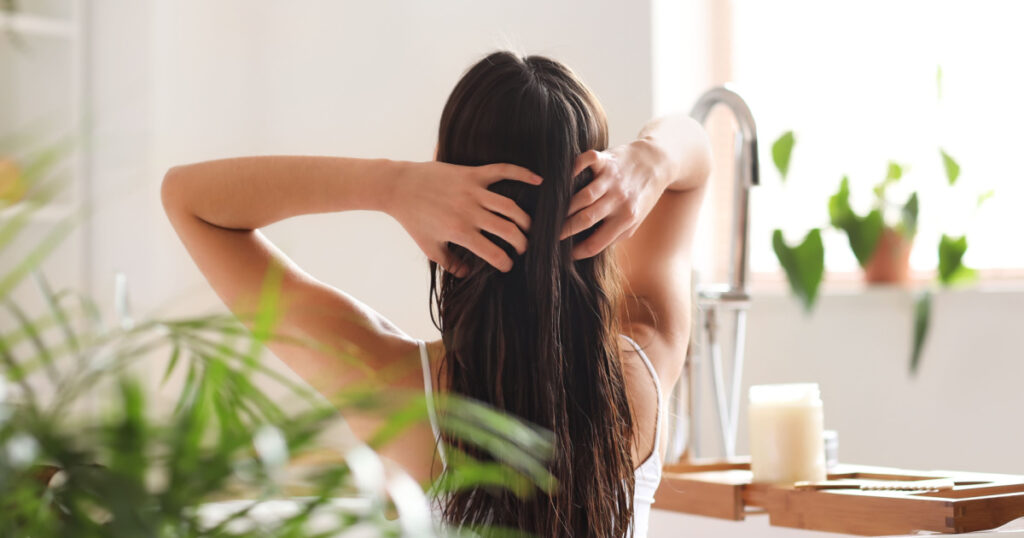
The price tag on a shampoo or conditioner does not necessarily determine its quality. Instead of being swayed by price or brand names, focus on understanding your hair type and specific needs. Choose products with ingredients that work best for your hair. If you aren’t sure, speak with your stylist. For specific scalp-related issues, talk to a dermatologist.
10. Avoid Daily Hair Washing
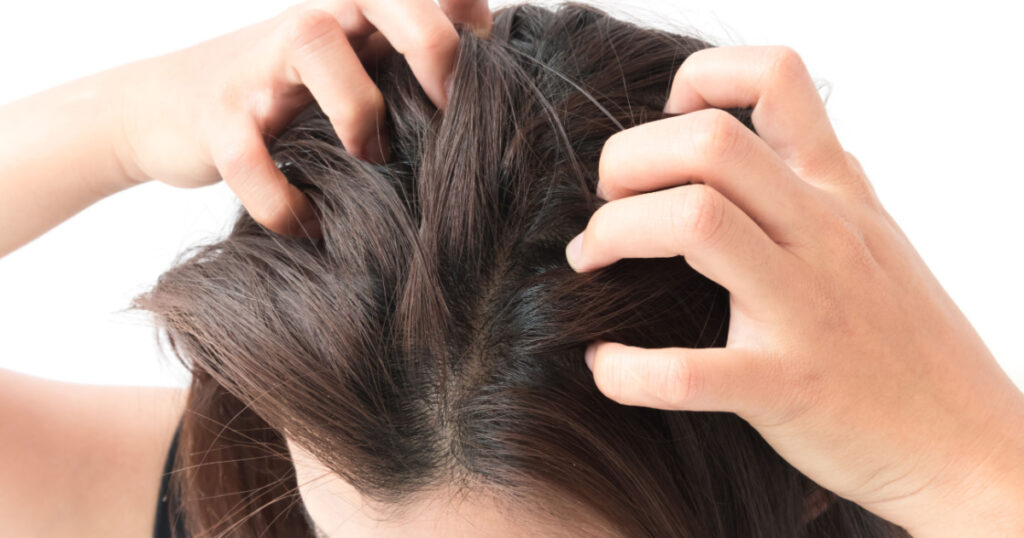
Washing your hair every day, especially with harsh shampoos, can strip away its natural oils and cause damage. Research your hair type to determine the appropriate washing frequency. Some individuals may require more frequent washing while others can go longer without washing.
11. The Sugar-Cavity Connection

While a sugar-laden diet can increase the risk of cavities, it’s not the sole culprit. Bacteria in the mouth feed on debris from carbohydrates, producing acid and plaque. Consuming carbs and acidic substances in moderation and maintaining a diligent brushing and flossing routine are essential for cavity prevention. Another great way to help prevent this is by hydrating properly with plain old water. When you drink regular, still water regularly you also help to clean out your mouth.
Read More: 9 Ways You Can Whiten Teeth Naturally
12. The Problem of Overusing Razors
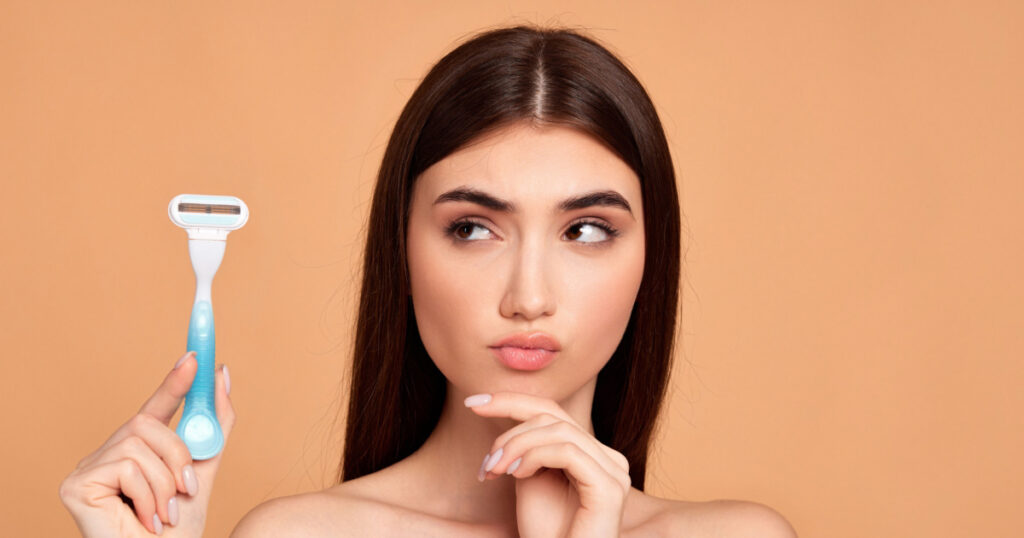
Continuing to use the same razor for an extended period can result in a less hygienic and less effective shave. Dead skin cells and hair accumulate on the razor with each use. Switch to a new razor as needed to ensure a cleaner shave and minimize the risk of irritation or infection.
13. Preserve Hair Dye Vibrancy
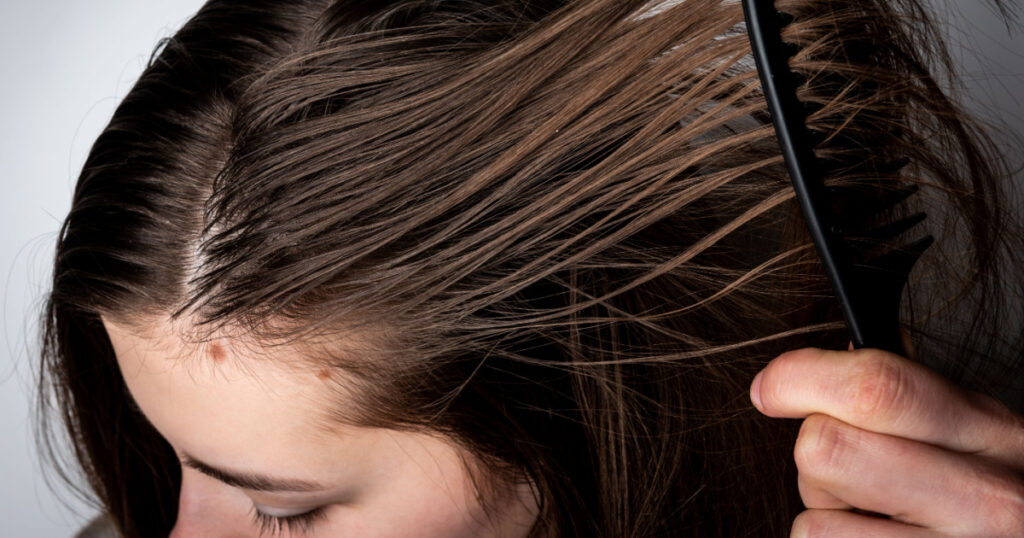
Frequent shampooing can cause dyed hair to lose its vibrancy quickly. Limit hair washing to every 2-3 days and use products specifically formulated for color-treated hair to extend the life of your dye and keep your color looking fresh and vibrant.
14. Using Two Pads for Heavy Flows

A common misconception is that a single sanitary pad is always sufficient, regardless of flow. However, using two pads instead of one for those with heavy flows can provide extra protection against leaks and accommodate more fluid. Personal care is unique, and sometimes requires customized solutions.
Read More: Endocarditis Linked to Metal from Braces of 15-Year-Old Leah Kitchen
15. You Need To Scrub Your Teeth To Clean Them

It’s a common misconception that you must scrub your teeth to clean them. In fact, brushing too hard can actually damage the enamel on your teeth and make them more susceptible to cavities. Instead of using force when brushing, focus on using gentle circular motions with a soft-bristled toothbrush.
16. Using Harsh Soap in Private Areas
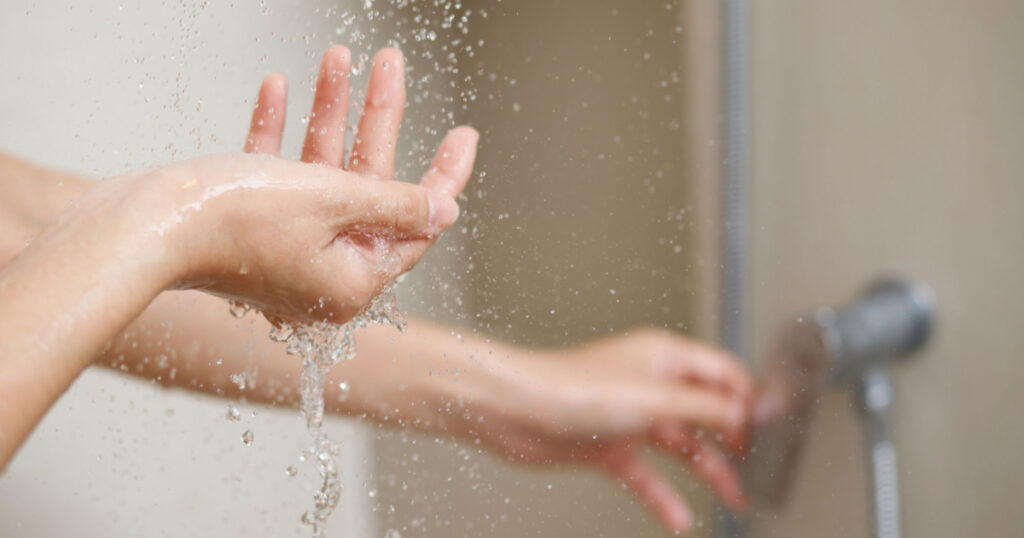
Many people use harsh soaps in their private areas, but this can actually do more harm than good. The skin in these areas is very sensitive and can be easily irritated by harsh chemicals. Instead of using a regular soap, opt for one that’s specifically designed for sensitive skin. You can also use a gentle cleanser or even just water if you prefer.
17. Reusing Towels Too Much
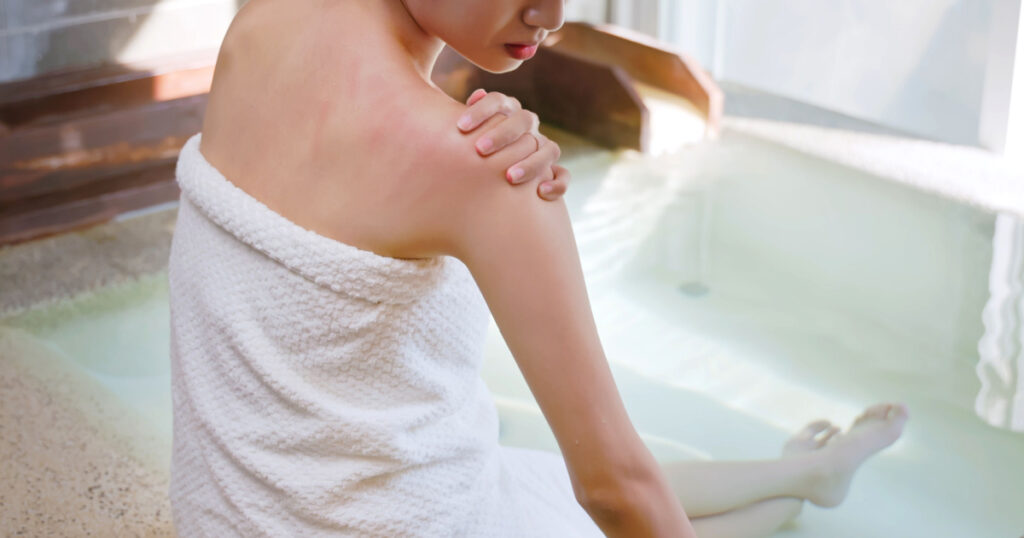
Many people reuse their towels too much, leading to bacteria growth. Instead of using the same towel for multiple days in a row, try to use a fresh one after every two to three uses. If you don’t have enough towels on hand, consider investing in some extra ones so that this isn’t an issue.
18. Infrequent Sheet Washing
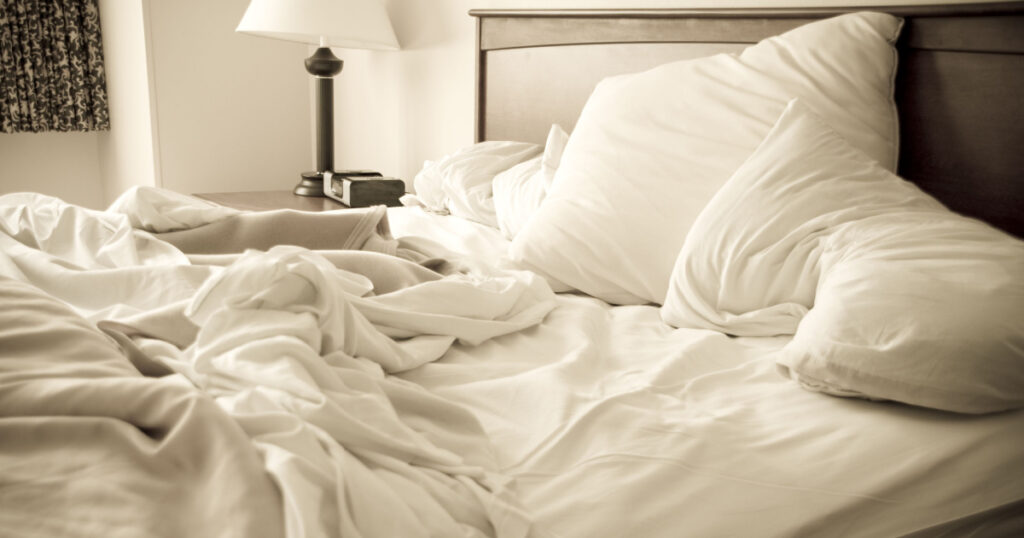
If you don’t wash your sheets often enough, they can become a breeding ground for bacteria and other germs. To avoid this, make sure to wash them at least once every two weeks, if not more often. Your pillowcase, specifically, should be changed every couple of nights. You can avoid constant washing by flipping your pillow over after two to three nights, getting four to six days out of each case before it’s time to wash it. If you have allergies or asthma, it’s especially important that you wash your sheets frequently because dust mites can trigger these conditions.
The Bottom Line
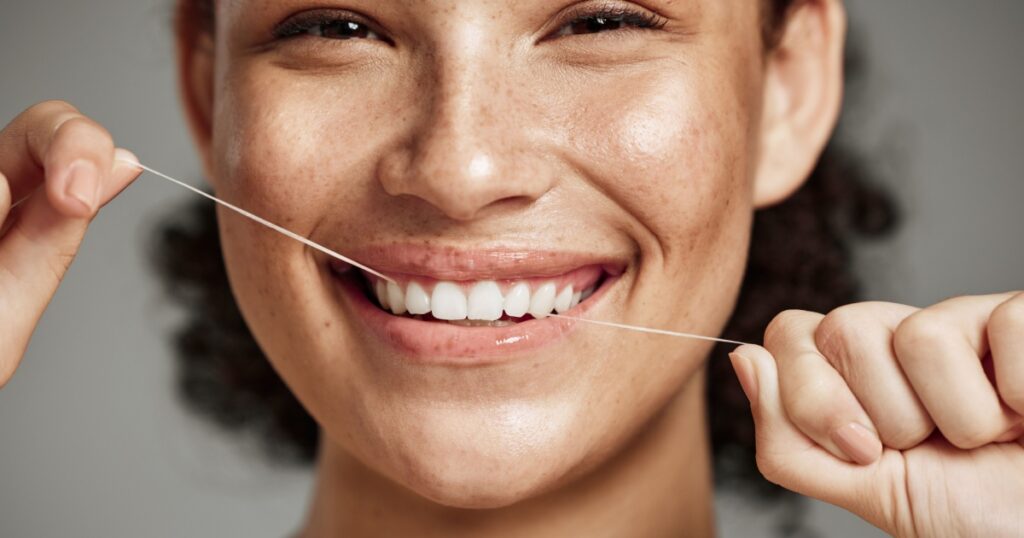
In our quest for cleanliness and hygiene, it is essential to distinguish between beneficial habits and those that may actually harm us. We can make informed decisions regarding our daily hygiene routines by debunking common myths and misconceptions. Remember, personal care is not one-size-fits-all. We must prioritize our health and well-being by embracing habits that promote hygiene without causing potential harm.
Read More: How Kidneys, Skin, and Brain Change Every Time You Put On Makeup
Sources
- “4 Common Hygiene Habits That Could Make You Sick.” Eat This. Alexa Mellardo. January 15, 2023
- “15 Bad Hygiene Habits That Are Way Worse Than You Thought.” The Healthy. Kristine Solomon. March 13, 2024.
- “12 “Healthy” Hygiene Habits That Are Actually Bad for You.” The Healthy. Hana Hong. January 14, 2021.
